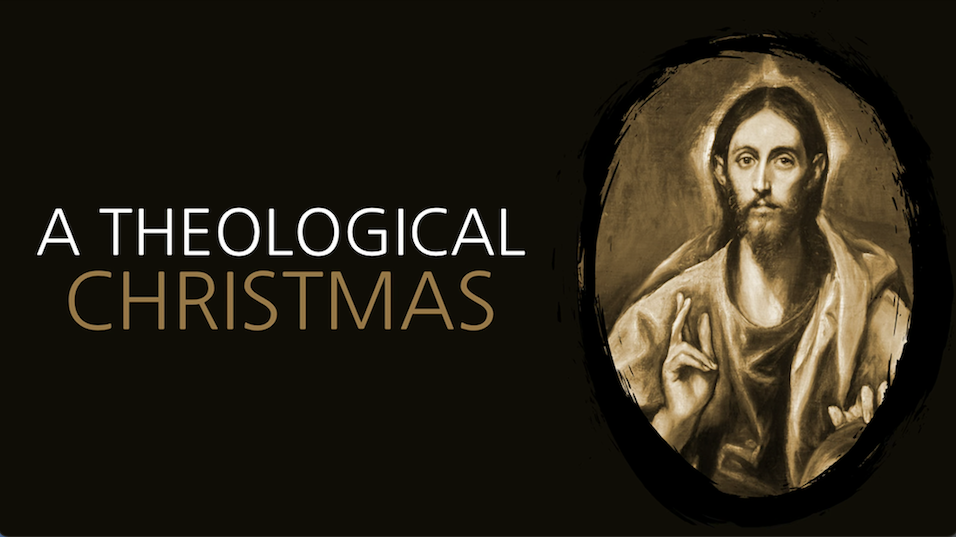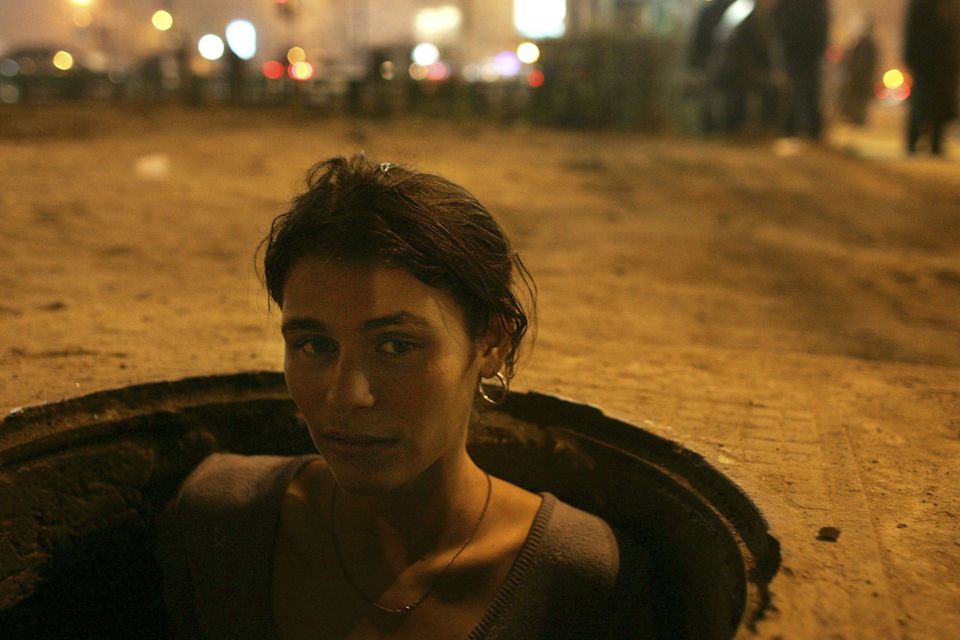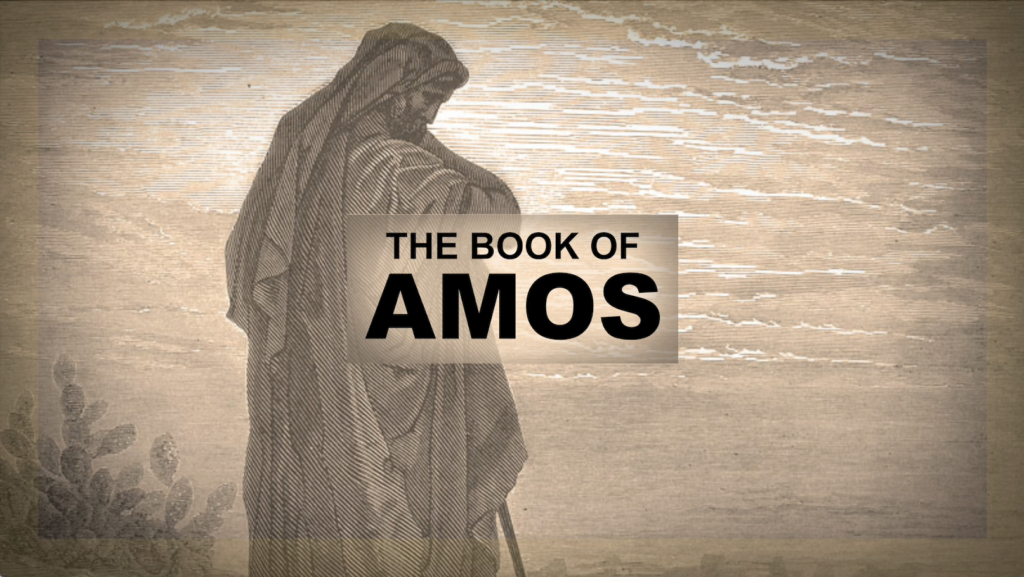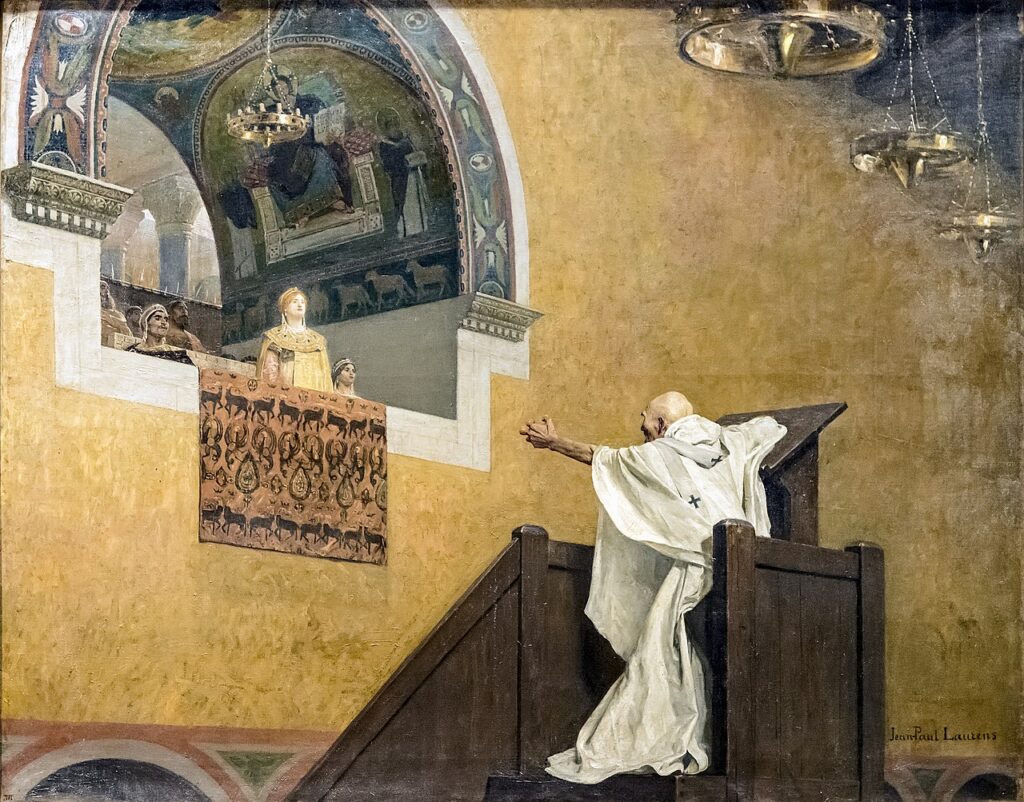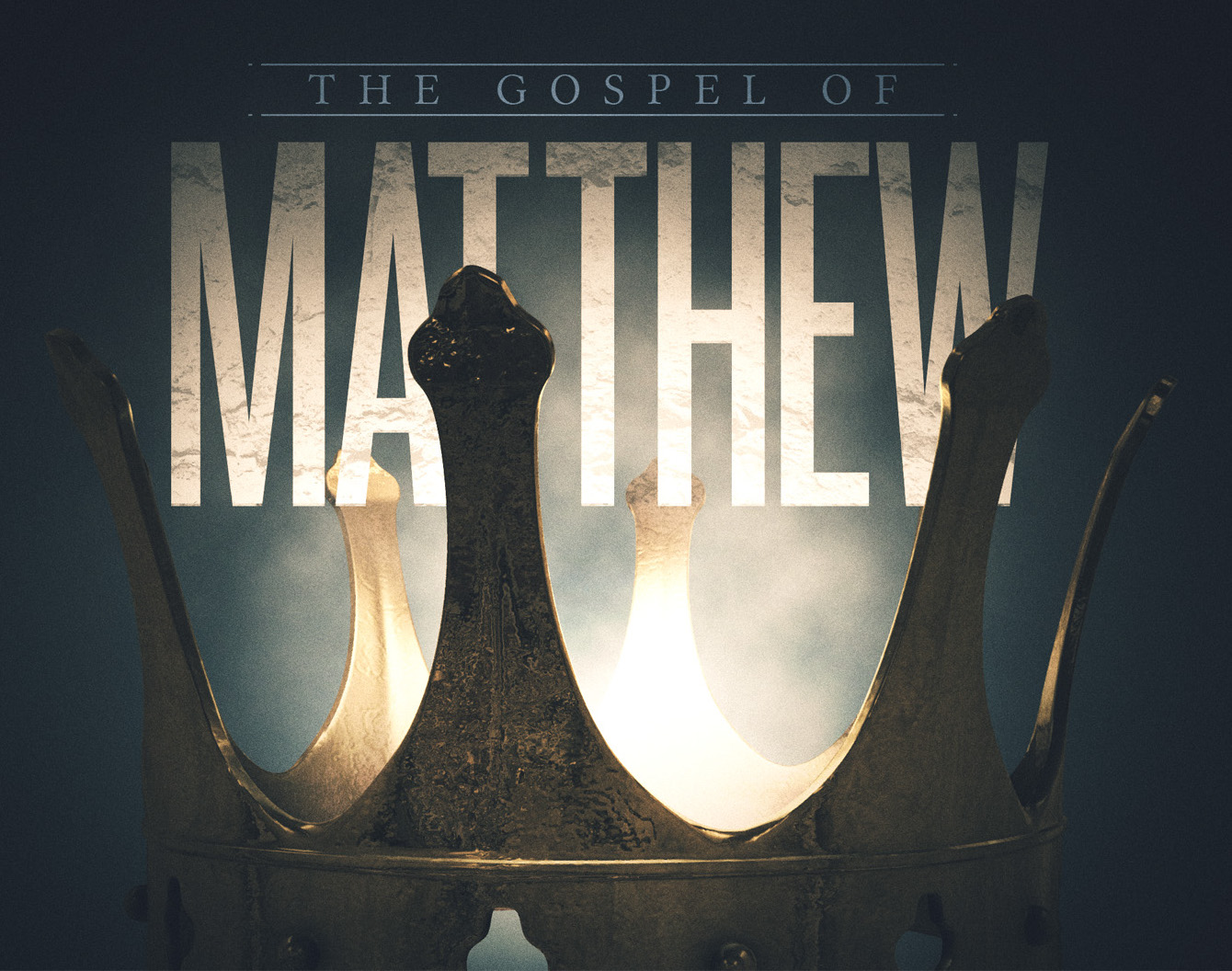
Matthew 25
14 “For it will be like a man going on a journey, who called his servants and entrusted to them his property. 15 To one he gave five talents, to another two, to another one, to each according to his ability. Then he went away. 16 He who had received the five talents went at once and traded with them, and he made five talents more. 17 So also he who had the two talents made two talents more. 18 But he who had received the one talent went and dug in the ground and hid his master’s money. 19 Now after a long time the master of those servants came and settled accounts with them. 20 And he who had received the five talents came forward, bringing five talents more, saying, ‘Master, you delivered to me five talents; here, I have made five talents more.’ 21 His master said to him, ‘Well done, good and faithful servant. You have been faithful over a little; I will set you over much. Enter into the joy of your master.’ 22 And he also who had the two talents came forward, saying, ‘Master, you delivered to me two talents; here, I have made two talents more.’ 23 His master said to him, ‘Well done, good and faithful servant. You have been faithful over a little; I will set you over much. Enter into the joy of your master.’ 24 He also who had received the one talent came forward, saying, ‘Master, I knew you to be a hard man, reaping where you did not sow, and gathering where you scattered no seed, 25 so I was afraid, and I went and hid your talent in the ground. Here, you have what is yours.’ 26 But his master answered him, ‘You wicked and slothful servant! You knew that I reap where I have not sown and gather where I scattered no seed? 27 Then you ought to have invested my money with the bankers, and at my coming I should have received what was my own with interest. 28 So take the talent from him and give it to him who has the ten talents. 29 For to everyone who has will more be given, and he will have an abundance. But from the one who has not, even what he has will be taken away. 30 And cast the worthless servant into the outer darkness. In that place there will be weeping and gnashing of teeth.’
I love a good sermon illustration. I remember some of the better ones I heard as a kid long ago. A good illustration rightly placed can help drive home a gospel truth in a powerful way. Maybe that is why Jesus told so many stories!
One of the most memorable illustrations I have ever heard is actually a modern one. It was shared on May 20, 2000, in Memphis by John Piper. I am speaking of his famous “seashell” illustration. A Gospel Coalition article entitled “How John Piper’s Seashells Swept Over a Generation” recounts what Piper told his audience that day.
Three weeks ago, we got news at our church that Ruby Eliason and Laura Edwards were killed in Cameroon. Ruby Eliason—over 80, single all her life, a nurse. Poured her life out for one thing: to make Jesus Christ known among the sick and the poor in the hardest and most unreached places.
Laura Edwards, a medical doctor in the Twin Cities, and in her retirement, partnering up with Ruby. [She was] also pushing 80, and going from village to village in Cameroon. The brakes give way, over a cliff they go, and they’re dead instantly. And I asked my people, “Is this a tragedy?”
Two women, in their 80s almost, a whole life devoted to one idea—Jesus Christ magnified among the poor and the sick in the hardest places. And 20 years after most of their American counterparts had begun to throw their lives away on trivialities in Florida and New Mexico, [they] fly into eternity with a death in moment. “Is this a tragedy?” I asked.
The crowd knew the answer, calling out, “No!”
“It is not a tragedy,” Piper affirmed. “I’ll read you what a tragedy is.”
He pulled out a page from Reader’s Digest…
‘Bob and Penny . . . took early retirement from their jobs in the Northeast five years ago when he was 59 and she was 51. Now they live in Punta Gorda, Florida, where they cruise on their 30-foot trawler, play softball, and collect shells.’
“That’s a tragedy,” he told the crowd.
And there are people in this country that are spending billions of dollars to get you to buy it. And I get 40 minutes to plead with you—don’t buy it. With all my heart I plead with you—don’t buy that dream. . . . As the last chapter before you stand before the Creator of the universe to give an account with what you did: “Here it is, Lord—my shell collection. And I’ve got a good swing. And look at my boat.”
“Don’t waste your life,” he said, the words quietly tucked in before he barreled into another memorable anecdote, this one about a plaque in his home featuring C. T. Studd’s poem, “Only one life, twill soon be past / Only what’s done for Christ will last.”[1]
I encourage you to go to YouTube, type in “Piper seashells” and listen. It is indeed a powerful moment! And it is a powerful moment because it powerfully presses home something we know to be true: that it is possible to waste the life that God has given you and it is possible also to use it for great good.
In Piper’s story, he contrasts Ruby and Laura. In Jesus’ story of the talents he contrasts the faithful servants who made much of what they had been given and the unfaithful servant who squandered it.
Continue reading →
